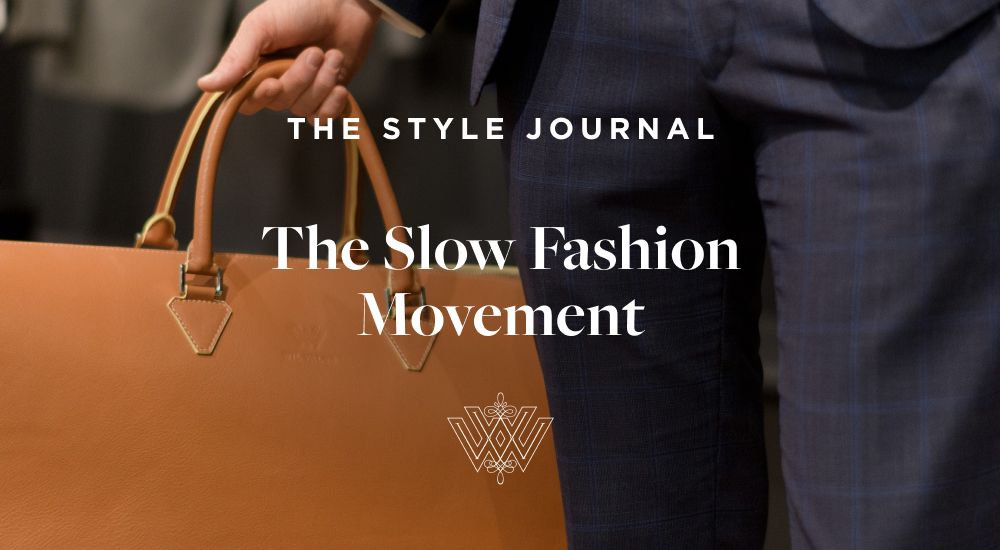 In the fast-paced world of fashion, where trends come and go like the changing seasons, a counter-movement has been gaining momentum – the Slow Fashion Movement. Rooted in principles that prioritize sustainability, ethical practices, and a shift away from disposable consumerism, this movement is challenging the conventional norms of the fashion industry. As people become more conscious of the environmental and social impacts of their choices, the slow fashion ethos is inspiring a profound change in the way we perceive clothing, time, and consumption.
In the fast-paced world of fashion, where trends come and go like the changing seasons, a counter-movement has been gaining momentum – the Slow Fashion Movement. Rooted in principles that prioritize sustainability, ethical practices, and a shift away from disposable consumerism, this movement is challenging the conventional norms of the fashion industry. As people become more conscious of the environmental and social impacts of their choices, the slow fashion ethos is inspiring a profound change in the way we perceive clothing, time, and consumption.
Table of Contents
ToggleUnderstanding Slow Fashion Movement
At its core, Slow Fashion is a response to the “fast fashion” phenomenon that dominates the industry. Fast fashion involves rapid production cycles, low-cost materials, and mass-market strategies to quickly respond to the latest trends. However, this has led to detrimental consequences for the environment, workers, and the overall quality of the clothing. Slow Fashion, on the other hand, promotes a more deliberate and thoughtful approach to every aspect of the fashion life cycle.
Timeless Style over Trendy Pieces
One of the key tenets of the Slow Fashion Movement is the emphasis on timeless style rather than trendy pieces. Slow fashion brands prioritize creating garments that withstand the test of time, both in terms of design and durability. By encouraging consumers to invest in quality pieces that transcend fleeting trends, the movement is reshaping the way people build their wardrobes.
Materials Matter
The materials used in clothing production have a significant impact on the environment. Slow fashion brands focus on sourcing sustainable materials, such as organic cotton, recycled fabrics, and ethically-sourced wool. This shift towards responsible material sourcing helps reduce the environmental footprint of the fashion industry and promotes healthier practices in the production chain.
Quality Over Quantity
In the era of fast fashion, the mantra is often “more for less.” Slow fashion challenges this mindset by advocating for quality over quantity. By investing in well-made, durable garments, consumers contribute to a more sustainable and responsible industry. Quality pieces not only last longer but also reduce the need for constant replacements, ultimately minimizing the environmental impact of clothing production.
Ethical Production Practices
The slow fashion movement places a strong emphasis on ethical production practices. This involves fair wages, safe working conditions, and respect for the artisans and workers involved in the manufacturing process. By supporting companies that prioritize the well-being of their employees, consumers become part of a movement that seeks to create a more equitable and humane fashion industry.
Consumer Empowerment
The slow fashion movement empowers consumers to be more mindful of their purchasing decisions. By choosing to support brands aligned with sustainable and ethical values, individuals become catalysts for change within the industry. This shift in consumer behavior is not only reshaping the market but also holding fashion companies accountable for their practices.
Breaking the Fast Fashion Cycle
Fast fashion relies on a rapid supply chain that often contributes to environmental degradation and increased waste. Slow fashion disrupts this cycle by encouraging a more considered and intentional approach to shopping. Consumers are urged to buy fewer items but of higher quality, reducing the demand for constant production and minimizing the overall environmental impact.
Sustainability at the Forefront
Sustainability is a buzzword in the slow fashion movement, and for good reason. The industry’s impact on the environment is profound, from water consumption to chemical pollution. Slow fashion brands are adopting eco-friendly practices, from sustainable farming methods for raw materials to eco-conscious packaging. As consumers become more aware of the environmental consequences of their choices, the demand for sustainable fashion is on the rise.
A Global Movement
The slow fashion movement is not confined to a particular region or demographic. People from all walks of life, across the globe, are recognizing the need for a more sustainable and responsible approach to fashion. From small, local artisans to internationally recognized brands, the slow fashion movement is making waves in an industry that has long been associated with excess and waste.
Impact on the Fashion Industry
As the slow fashion movement gains momentum, its impact on the broader fashion industry is becoming increasingly evident. Traditional fashion companies are being forced to reassess their practices, with many incorporating sustainable initiatives and ethical considerations into their business models. The movement is not just a trend but a paradigm shift that is reshaping the very foundations of the industry.
Looking Ahead A Slow Fashion Future
As we navigate the complexities of a rapidly changing world, the slow fashion movement offers a glimpse into a more sustainable and mindful future. By encouraging a shift in consumer behavior, promoting ethical production practices, and embracing timeless style, the movement is redefining the way we approach clothing and fashion.
Conclusion
The slow fashion movement is not just about the clothes we wear but a reflection of our values and impact on the world. As we move forward, the choices we make regarding fashion, clothing, and consumption will play a crucial role in shaping an industry that respects both people and the planet. The slow fashion movement invites us to reconsider the way we view our wardrobes, urging us to embrace a more thoughtful and intentional approach to the clothes we wear and the impact our choices have on the world.



